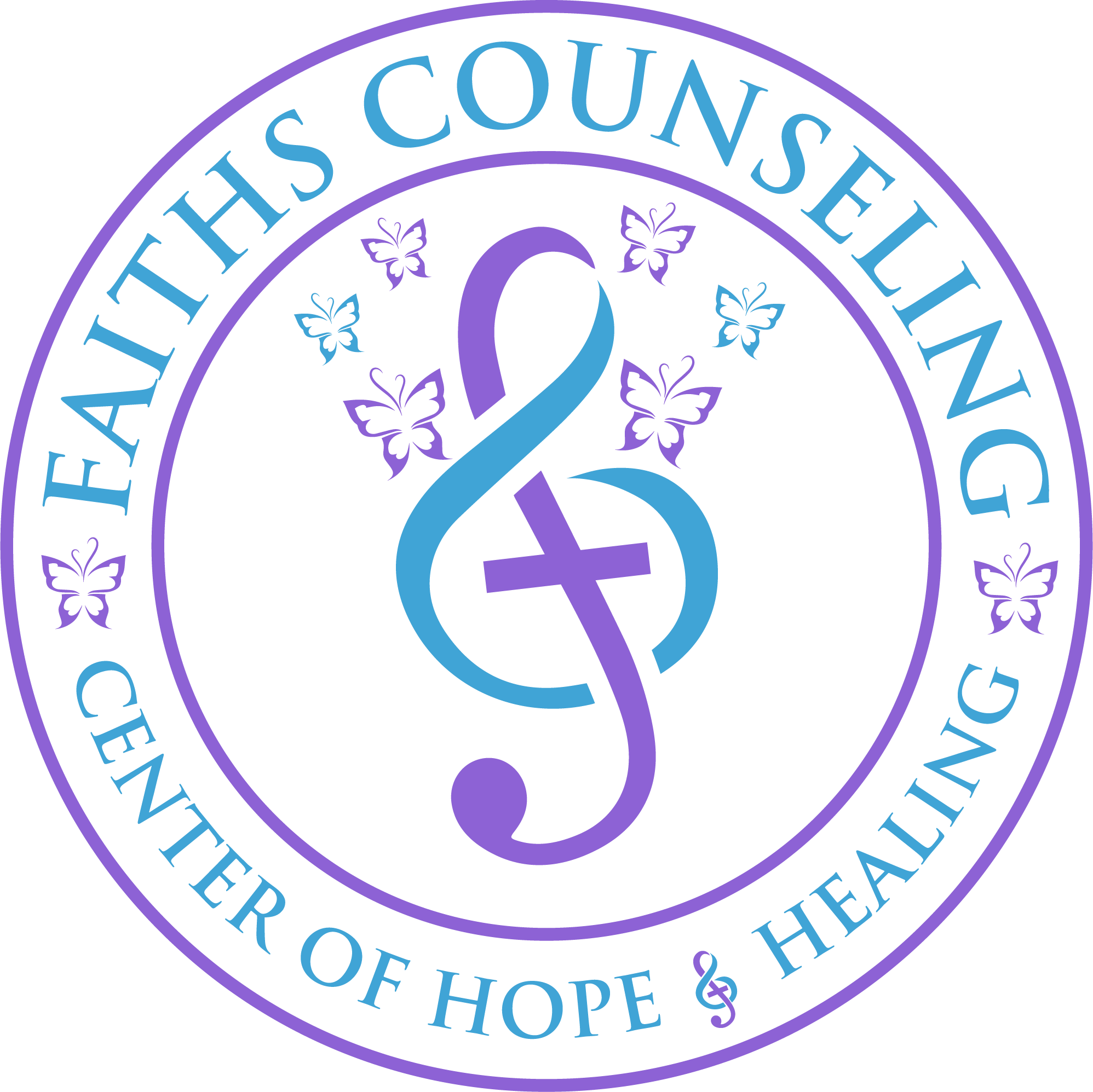Frequently Asked Questions
Let's answer some questions!
Feel free to call if you have more!
What forms of payment do you accept?
Is counseling confidential?
How can counseling help me?
How do I make an appointment?
Do you provide remote or online counseling options?
What happens during the first counseling session (intake)?
What does it cost?
We believe that quality counseling should be accessible to everyone. Our rates are designed to be affordable, and we offer flexible pricing options based on individual circumstances.
Reach out to explore your options!
Did you know?
Among people aged 12 or older in 2021, 61.2 million people (or 21.9 percent of the population) used illicit drugs in the past year.
⦁ Nearly 1 in 4 adults 18 and older, and 1 in 3 among adults aged 18 to 25, had a mental illness in the past year.
⦁ Adults with serious mental illness had higher rates of treatment compared to those with any mental illness. Despite having the highest rate of serious mental illness, people aged 18 to 25 had the lowest rate of treatment in comparison to adults in other age groups.
⦁ 13.5 percent of young adults aged 18 to 25 had both a substance use disorder and any mental illness in the past year.
⦁ 7 in 10 (72.2 percent or 20.9 million) adults who ever had a substance use problem considered themselves to be recovering or in recovery.
⦁ 2 in 3 (66.5 percent or 38.8 million) adults who ever had a mental health issue considered themselves to be recovering or in recovery.
Here at Faiths Counseling Center of Hope and Healing we want to assist you in treating your mental health or substance use disorder for you to become the best you.
